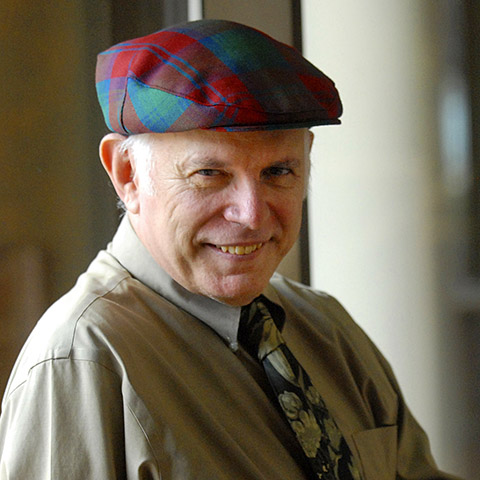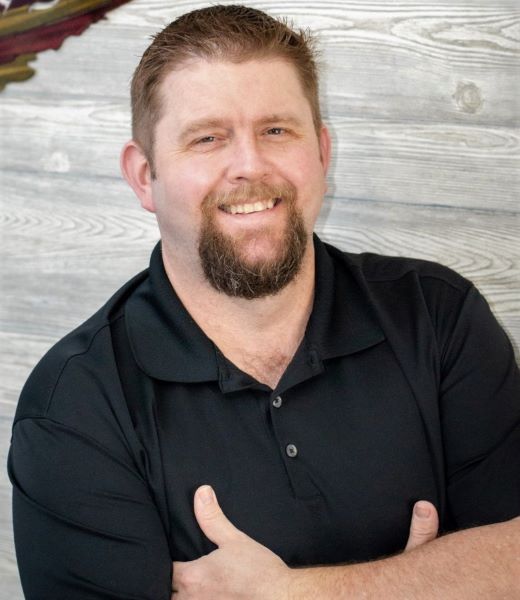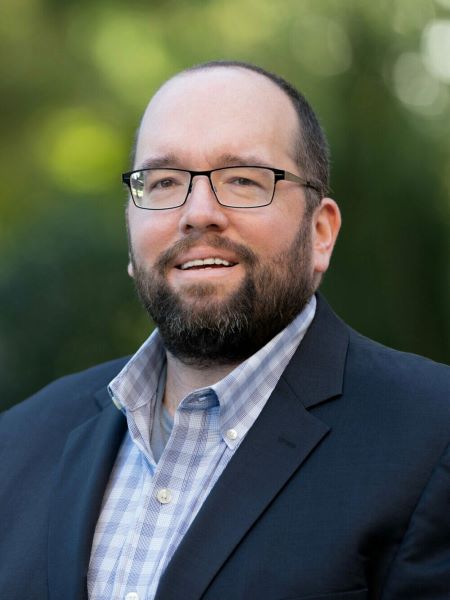Cultivating Civility: Braver Angels aims at depolarization
Posted by Rusty Wright on April 17, 2024 · Leave a Comment
By Rusty Wright
(This article first appeared on WashingtonExaminer.com.)
It’s no secret that we live in a polarized world. Even if you ignore politics (good luck trying that), you’d also have to ignore entertainment news (exes or coworkers squabbling), sports news (rivals or teammates bickering), and social media (dislikes, trolls, goofs gone viral) to escape polarization. But one impressive group is trying to ratchet down fiery rhetoric by helping people have conversations.
Can we talk?
Braver Angels, a nonprofit organization with thousands of volunteers, holds workshops and programs to advance the art of civil conversation. With both “red” and “blue” facilitators, the group’s mission is to “Bring Americans together to bridge the partisan divide and strengthen our democratic republic.” It encourages treating others with “honesty, dignity and respect” through engagement, seeking common ground, and fostering cooperation.
Harry Boyte, a civil rights veteran and Augsburg University scholar and educator, helped put Braver Angels on my radar. He advocates using principles of nonviolence to get enemies talking, beyond just the political realm.
“The alternative to fury and dominating power is nonviolence,” Boyte writes. “Nonviolence cultivates the spiritual, moral, and psychological discipline not to demonize opponents. The most effective way to make change is to understand where enemies are coming from, not to humiliate them.”
Derate the Hate
I enjoyed Boyte’s appearance on the Derate the Hate podcast, hosted by Braver Angels’ “red” facilitator Wilk Wilkinson. Their interaction included ways that Boyte’s Minnesota metropolitan church members connect with one another and rural church members amid differing viewpoints.
Wilkinson, a former truck driver, works toward bridge-building across many divides: socioeconomic, educational, cultural, spiritual, etc. In another podcast, he interviewed Christian communicator Daniel Darling about the subject.
Darling says he’s a lifelong political and religious conservative but that interacting with those who differ helps him learn and sharpen his own ideas. His book title, Agents of Grace: How to Bridge Divides and Love as Jesus Loved, summarizes his approach. He notes that a biblical writer who advised “always being ready to make a defense to everyone who asks you to give an account” for your faith also included “but with gentleness and respect.”
Darling asks himself whether all his opinions need to be aired publicly. He indicates he’s learned to be selective in the disagreements he pursues. Sometimes he’s composed digital comments and then, upon reflection, deleted them before sending or posting. Neighbors who differ can learn to live side-by-side, he notes. Similar attitudes could benefit all public interactions.
Lasting benefits
They’ve certainly benefitted me. In the turbulent late 1960’s, our diverse university fraternity had political liberals and conservatives, scholars and athletes, Christians, Jews, atheists, agnostics. We’d debate the issues of the day – Vietnam, civil rights, the sexual revolution, the Jesus revolution – and more. Then we’d go to dinner or watch a basketball game together.
We got along because we respected and cared about one another. We still gather for reunions. Before one larger reunion, members began asking if their ex-spouses could come. Then ex-spouses began asking to bring their new spouses. The idea seemed curious at first, but we loved it.
That living experience helped shape my career, which has involved communicating on controversial topics in academia and the media. Today when I write or speak, I have in mind my fraternity brothers, their significant others, spouses, ex-spouses, and spouses of ex-spouses…back then and people like them through the years. I’m grateful for the lessons these friends and neighbors taught me.
It’s probably not hard to understand why I resonate with what I’ve seen of Braver Angels’ approach.
Retired U.S. Supreme Court justice Stephen Breyer explains in The New York Times how disagreeing justices have remained friends. Of our divided nation, he writes, “listening to one another in search of a consensus might help.”
Wise counsel.
Rusty Wright is an author and lecturer who has spoken on six continents. He holds Bachelor of Science (psychology) and Master of Theology degrees from Duke and Oxford universities, respectively. www.RustyWright.com
Copyright © 2024 Rusty Wright
# # #
Editors: Note pictures below. For access to these and more, check here, here, and here.



Filed under Most Recent · Tagged with agnostics, atheists, Augsburg University, biblical, blue, Braver Angels, bridge, bridgebuilding, care, change, Christian, civil, civil rights, common ground, consensus, conservative, controversial, conversations, cooperation, cultural, Daniel Darling, debate, democratic republic, demonize, depolarization, dignity, educational, enemies, engagement, entertainment, ex-spouse, faith, fraternity, friends, fury, gentleness, grace, Harry Boyte, hate, honesty, humiliate, Jesus, Jews, liberal, listening, love, metropolitan, moral, neighbors, New York Times, nonviolence, opponents, polarization, Polarized, politics, power, psychological, red, religious, Respect, Revolution, rural, sexual, social media, socioeconomic, spiritual, sports, Stephen Breyer, Supreme Court, trolls, understand, Vietnam, viral, Wilk Wilkinson